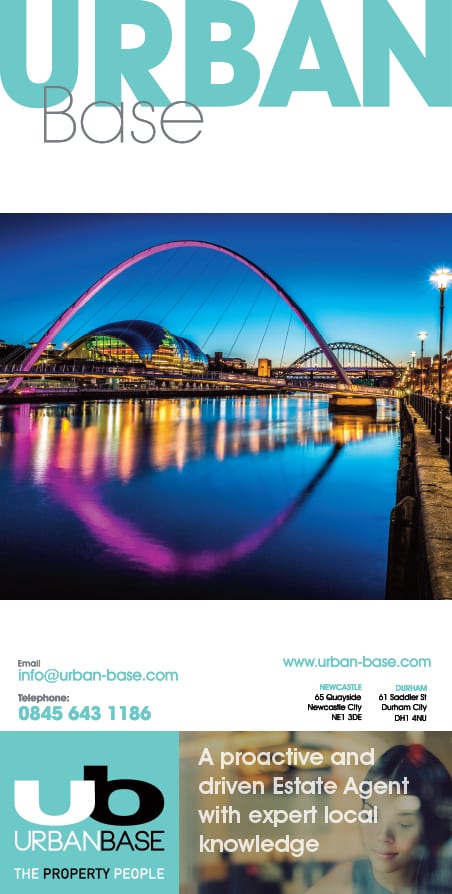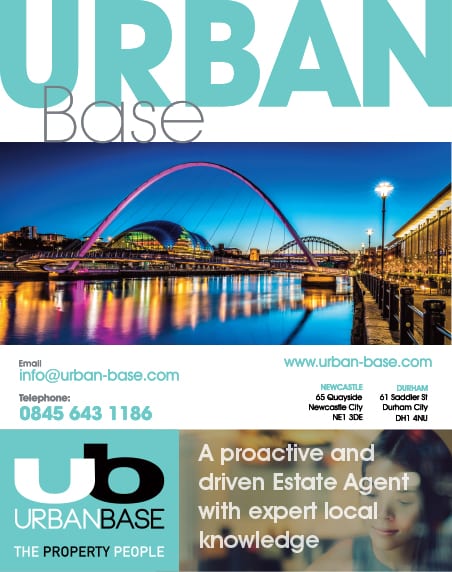A discussion I had late last month got me thinking how many companies and orgnisations are still surveying their customers and staff without really benefitting from what they are being told? How many are mentally ticking a box as they file the customer satisfaction survey, or prepare a report about what their customers are saying about them?
Engaging with stakeholders will not stop them from complaining about what they think may happen. Nor will it stop them fearing the unknown, but it will tell them that you want to hear from from them – and regardless of whether they are being positive or negative. It also helps to smooth the path through planning, mitigates conflict between community and contractor, and delivers opportunities for direct dialogue with developer.
So what are the benefits of engagement? He’s my top five:
1 Better decision-making
We are behind each of the two fundamental reasons for carrying out engagement. The idealist in us believes it’s the right thing to do. The pragmatist in us knows it leads to better conversations and access to better information. Ergo, engagement leads to better decisions being made.
2 Eliminate risk and add value
Engagement is good for risk-management; it allows you to test assumptions, your proposals and your proposed solutions. Engagement proves you are being a good business, organisation or neighbour – rather than just claiming to be – and it breaks down the barriers that lead to risk. Engagement done well adds value. By investing in engagement you are demonstrating that you value what you are doing, or proposing. And if people see the value in something, they get behind it; they want it to succeed. It’s human nature.
3 Bust those myths
It is a truth universally acknowledged that in the absence of good quality authorized information, the community will simply make it up. They will automatically assume the worst. We’ve lost count of how many of our developer clients have been told people will park on the road instead of their drives’, all those extra cars will cause an accident’, and the new houses will cause mine to lose value’. Repeated often enough and they become fact, and once that happens you have an unhill struggle to get the conversation back on the right path. Engagement with as broad a reach as possible means you can involve more people, encourage a more balanced perspective, and open up a debate leading to new truths and solutions rather than perveived problems.
4 What matters most?
Time and time again we’ve seen that what matters to us and our clients quite often doesn’t matter as much to the community we’re talking to. Having multi-directional conversations with those who live in the community and who amy hold that vital nugget of information you could really benefit from knowing, helps us all understand what matters to who. Engagement means you don’t risk overlooking what’s important to the wider community.
5 Manage messages
It doesn’t matter what happens or who says what, it seems like it’s instantly running amok both online and off. It takes seconds to make a statement in public, tweet a fact’ and or set up a facebook page. All of a sudden you have a campaign building momentum around you, and the vision you had for your site bears no resemblance to what the community think you are planning. Engagement allows you to develop a strategy to ensure your messages are clear, consistent and managed.
Results Communications delivers bespoke and strategic marketing, stakeholder engagement and bid writing solutions to public and private sector clients regionally and nationally.


